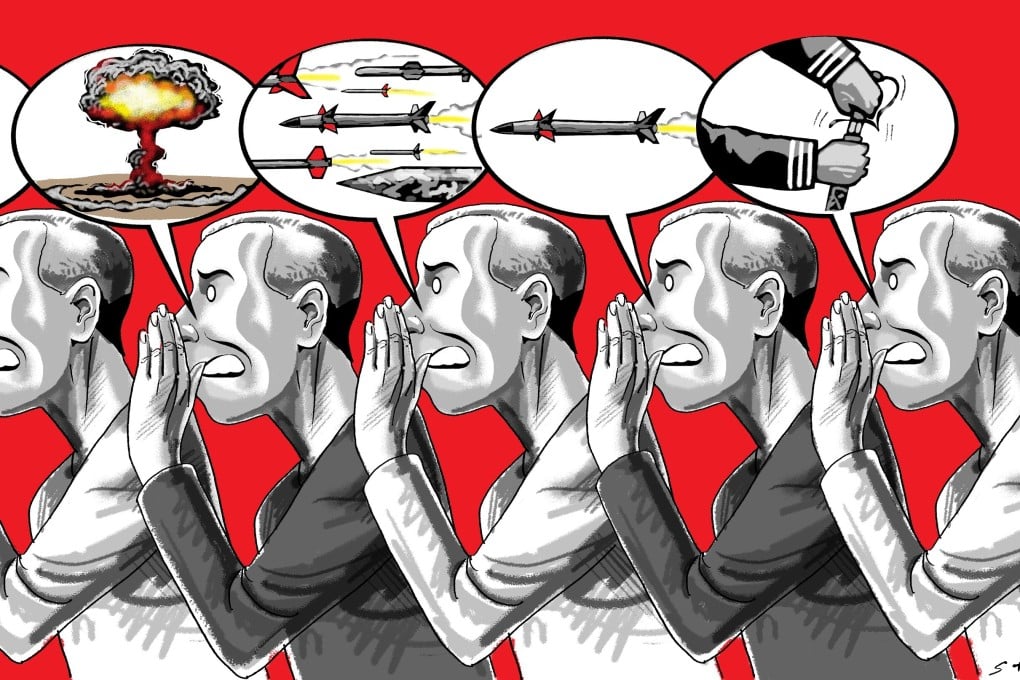Opinion | Neither China nor the US wants a hot war. Dialogue can help separate fact from fiction
- Rumours of imminent military conflict must not be believed. To ensure US intentions are fully understood, the incoming Biden administration should re-establish robust dialogue with Beijing and strengthen communication between the two militaries

Two scenarios in particular are being put forward. One holds that Chinese leader Xi Jinping, feeling empowered domestically after Beijing’s relative containment of Covid-19, will seek to exploit US election distraction to achieve China’s long-standing goal of reunifying with Taiwan by military force.
Not only would reuniting the country help Xi achieve his goal of “national rejuvenation”, but, some argue, Beijing would also gain direct access to Taiwan’s formidable technological design and manufacturing capabilities, assets of extreme strategic importance in the coming era of great power competition.
The harshest rhetoric so far is in a People’s Daily commentary that in effect threatened, “Don’t say we didn’t warn you,” using a Qing dynasty phrasing that some observers believe signals an imminent attack.

10:22
Why has the relationship between the Chinese mainland and Taiwan taken a turn for the worse?
In the second scenario, some are speculating that the outgoing Trump administration will launch a pre-emptive strike on China’s military installations in the South China Sea in a last-ditch effort to remain in power and permanently rupture the US-China relationship.

